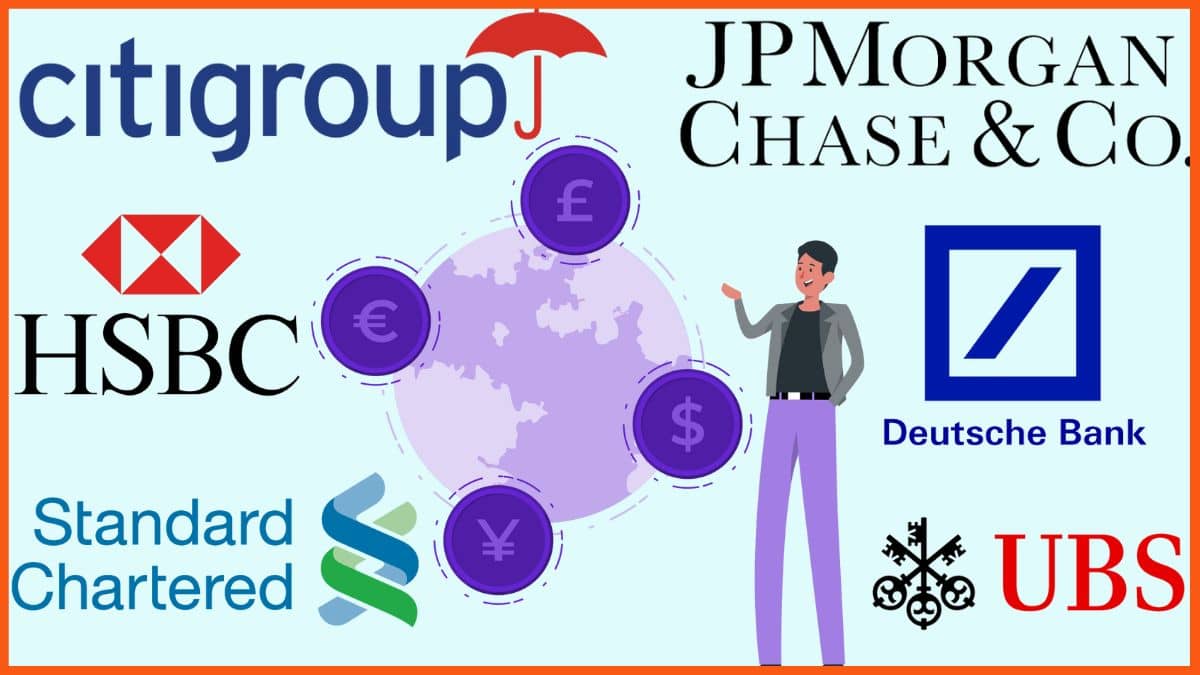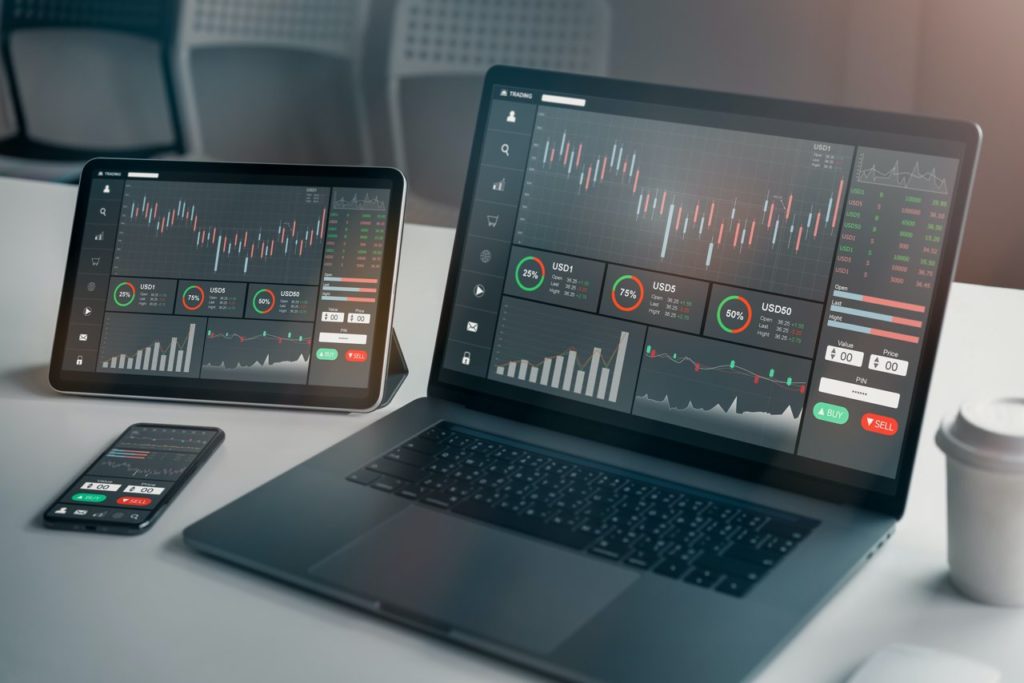
Forex brokerages are the gatekeepers to the global currency market, offering traders access to buy and sell currencies from around the world. These intermediaries play a crucial role in facilitating forex trading, providing platforms, tools, and services that empower individuals and institutions to participate in this dynamic and often volatile market.
The world of forex brokerages is diverse, with different types catering to various trading styles and risk appetites. Market makers, electronic communication networks (ECNs), and straight-through processing (STP) brokers each offer unique advantages and disadvantages, influencing factors like trading costs, execution speed, and transparency. Understanding the nuances of these models is essential for traders seeking a suitable brokerage to match their individual needs and trading goals.
Future Trends in Forex Brokerages

The Forex brokerage industry is constantly evolving, driven by technological advancements, regulatory changes, and shifting market dynamics. Understanding these trends is crucial for both brokers and traders to navigate the evolving landscape and capitalize on new opportunities. This section explores key trends shaping the future of Forex brokerages, analyzing their potential impact on traders and the market.
Technological Advancements
Technological advancements are driving significant changes in the Forex brokerage industry, enhancing efficiency, accessibility, and user experience. These advancements are transforming how brokers operate and how traders interact with the market.
- Artificial Intelligence (AI) and Machine Learning (ML): AI and ML are increasingly being used in Forex trading to automate tasks, analyze market data, and generate trading signals. This technology allows brokers to offer personalized trading experiences, provide advanced analytics, and improve risk management.
- Blockchain Technology: Blockchain technology offers a secure and transparent platform for Forex transactions, reducing transaction costs and enhancing security. Blockchain-based Forex brokers are emerging, offering decentralized trading platforms and facilitating faster and more efficient transactions.
- Mobile Trading Platforms: The increasing use of smartphones and tablets has led to the development of sophisticated mobile trading platforms. These platforms allow traders to access the market and execute trades anytime, anywhere, providing greater flexibility and convenience.
Regulatory Changes
The Forex brokerage industry is subject to various regulations aimed at protecting investors and ensuring market integrity. Regulatory changes can impact the operations of brokers and the trading environment for traders.
- Increased Regulatory Scrutiny: Regulatory bodies worldwide are increasing their scrutiny of Forex brokers, enforcing stricter rules and regulations. This trend aims to protect investors from fraudulent activities and promote transparency in the market.
- Cybersecurity Regulations: With the increasing reliance on technology, cybersecurity is becoming a critical concern. Regulatory bodies are implementing stricter cybersecurity regulations to protect client data and prevent cyberattacks.
- Financial Technology (FinTech) Regulations: The emergence of FinTech companies in the Forex market has led to the development of new regulations tailored to address the unique characteristics of these businesses.
Impact on Forex Traders, Forex brokerages
The trends discussed above have a significant impact on Forex traders, influencing their trading strategies, risk management, and overall trading experience.
- Enhanced Trading Tools and Analytics: Technological advancements provide traders with access to advanced trading tools, real-time market data, and sophisticated analytics. This empowers traders to make more informed trading decisions and improve their trading performance.
- Increased Accessibility and Convenience: Mobile trading platforms and online brokers have made Forex trading more accessible and convenient. Traders can now access the market from anywhere, anytime, with greater flexibility.
- Greater Transparency and Security: Regulatory changes are increasing transparency and security in the Forex market. This provides traders with greater confidence in the market and the brokers they choose to work with.
Key Milestones in the Evolution of Forex Brokerages
The Forex brokerage industry has undergone significant transformations over the years, with key milestones shaping its evolution.
- 1971: The Bretton Woods Agreement is abandoned, leading to the floating exchange rate system, which paved the way for the growth of the Forex market.
- 1990s: The rise of the internet and the development of online trading platforms made Forex trading accessible to a wider audience.
- 2000s: The emergence of Electronic Communication Networks (ECNs) and the introduction of automated trading systems revolutionized the Forex market.
- 2010s: Mobile trading platforms became increasingly popular, and the use of AI and ML in Forex trading gained momentum.
Final Review: Forex Brokerages

Navigating the forex brokerage landscape requires careful consideration of factors like regulation, trading platforms, fees, and customer support. By researching and comparing different brokerages, traders can find a reliable and trustworthy partner to support their forex trading journey. The ever-evolving nature of the industry demands adaptability, with emerging trends like technological advancements and regulatory changes shaping the future of forex brokerages and the market itself. Ultimately, choosing the right forex brokerage can be the cornerstone of a successful trading experience.
Answers to Common Questions
What is the minimum deposit required to open a forex trading account?
The minimum deposit requirement varies widely among forex brokerages. Some may have a low minimum, while others may require a significant initial investment. It’s essential to check the specific requirements of each brokerage before opening an account.
How do I choose the best forex trading platform for my needs?
Consider factors like user interface, charting tools, order execution speed, available indicators, and mobile compatibility when choosing a platform. Research and try out different platforms to find one that aligns with your trading style and preferences.
Are forex brokerages regulated?
Yes, reputable forex brokerages are regulated by financial authorities in their respective jurisdictions. This regulation helps ensure the safety of client funds and protects traders from fraudulent activities.
What are the risks associated with forex trading?
Forex trading involves significant risks, including market volatility, leverage, and potential for losses exceeding initial investments. It’s crucial to understand and manage these risks effectively.




